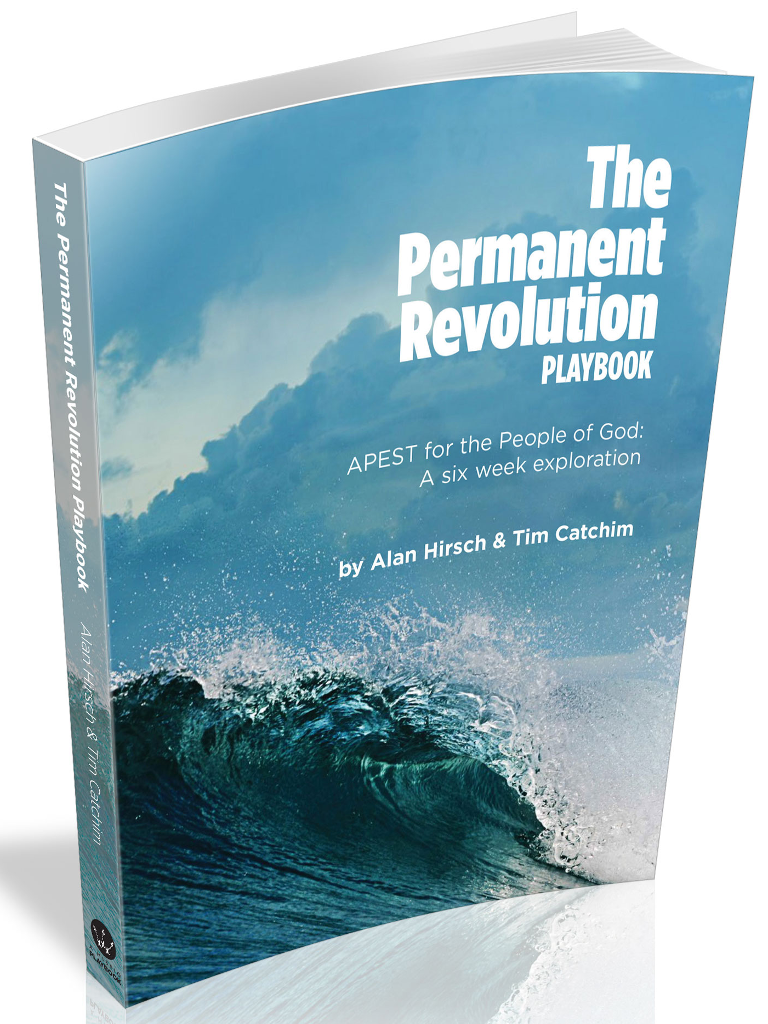A lady came into
Cornerstone in St Neots and asked for a copy of 'The Grace Outpouring' by Roy Godwin and Dave Roberts. She had heard about it somewhere and felt she needed to read it. James was serving at the book counter and checked the catalogue to see if we had it. We did. We hunted the shelves and failed to find it, but we said we'd continue looking for it and the customer agreed to come back later to collect it.
After she had left we found it almost immediately!
James went off for lunch and left me in charge. The shop was quiet so I picked up 'The Grace Outpouring' and flicked through some of the pages. One or two passages leapt off the page and I was close to tears as I read how a young American woman had come to faith simply through reading some Bible verses and praying to a Jesus that she did not initially know.
It quickly became clear that the book was full of stories like this and I ordered a copy for myself. I've just finished it and already intend to pass it on to a friend tomorrow evening.
Roy and Daphne Godwin are directors at
Ffald-y-Brenin (Welsh for 'the King's sheepfold'), a retreat centre/house of prayer and more that is being used by the King himself to bless local people, the whole region of south-west Wales, and much further afield internationally too.
Roy and his co-author Dave Roberts describe how Ffald-y-Brenin came into existence, how Roy and Daphne became involved, how the place has been used by the King of Kings to touch individual lives and the entire area in extraordinary ways, and how you might expect to see similar things happen where you live too.
It doesn't require skill or knowledge, great wealth or influential friends. All it takes is a willingness to be used by Jesus, an open and humble heart, and the courage to surrender what you thought you wanted from life in exchange for what Jesus wants for you.
Basically, it's about obedience. That means listening carefully to Jesus, hearing what he says, seeing what he does, and following him wherever he leads. These are the same things we have been learning over the past few years, and we too have seen extraordinary things happen as a result. It's not what we do that counts, it's what Jesus will do in us and through us.
I heartily recommend this little book, 185 pages containing a great story told well. Like all good, true stories this one is full of illumination; I guarantee that it will delight, challenge, encourage, and excite.
Obtaining a copy - Order it in paperback or as an audio book from
Cornerstone in St Neots if you live locally, or
direct from Ffald-y-Brenin. It's also available from
Amazon and other online sources.
See also:






















